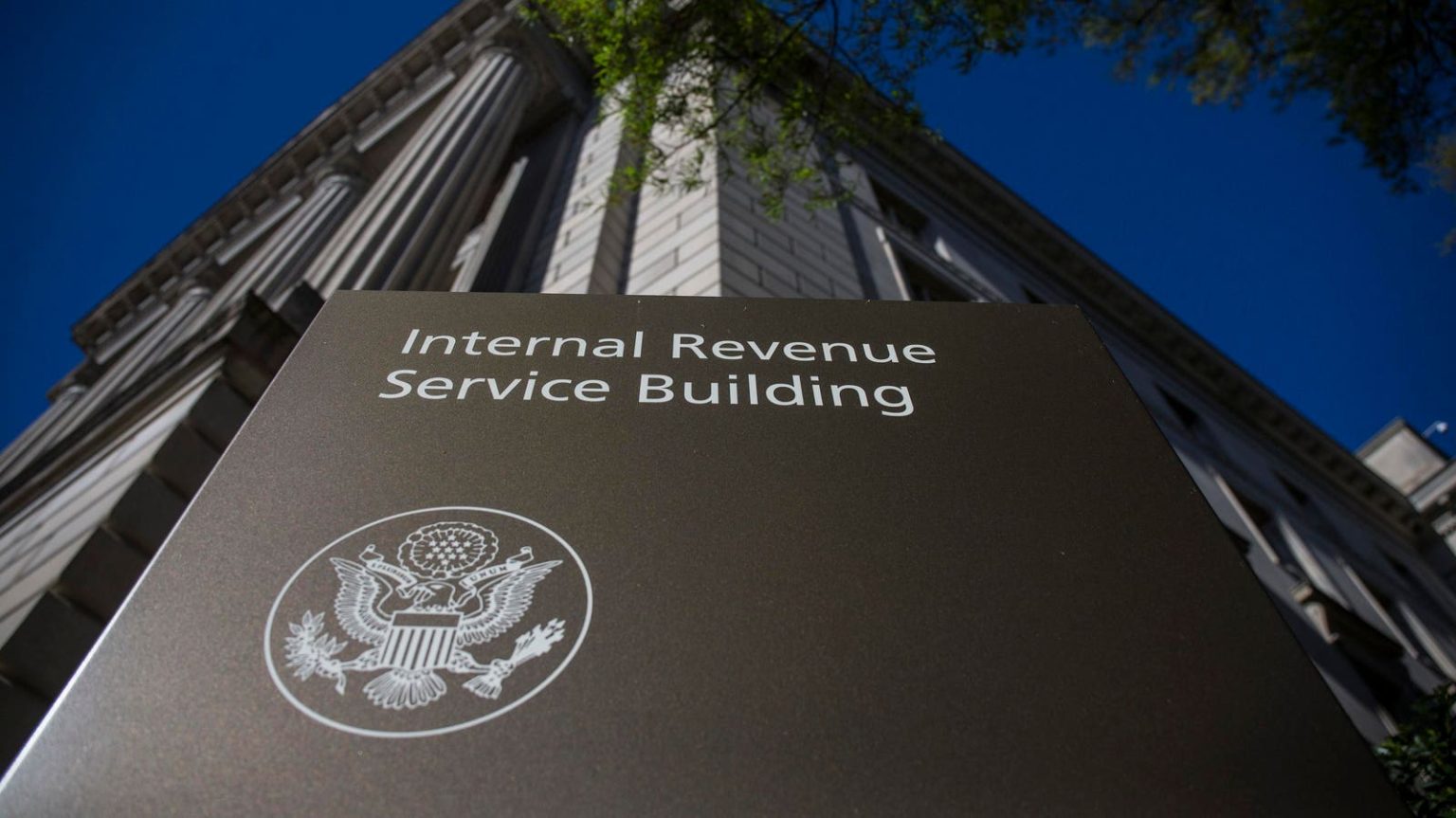The latest data from the IRS reveals that there are over 1 million unprocessed Forms 941-X, with a majority likely being Employee Retention Credit (ERC) refund claims. The total number of unprocessed ERC refund claims is estimated to be around 1.5 million, with each claim averaging about $64,000. This amounts to roughly another $96 billion in unprocessed claims, highlighting the significant backlog the IRS is facing.
In September 2023, the IRS imposed a moratorium on processing new ERC refund claims due to concerns about the validity of some claims. While the agency continues to process claims filed before the moratorium, the pace has slowed significantly. The IRS has not provided a specific timeline for lifting the moratorium, leaving many taxpayers and practitioners anxious about the fate of their pending claims.
Former IRS Commissioner Chuck Rettig and national director at alliantgroup, Eric Hylton, both emphasize the importance of the IRS striking a balance between reviewing submitted claims and distributing funds to struggling businesses, while also addressing potentially fraudulent claims. Rettig and Hylton stress the financial strain this delay is causing for businesses eagerly awaiting their ERC refunds.
The IRS has four options when handling refund claims: issuing the refund, auditing the claim, denying the claim, or taking no action. With limited resources, it is unlikely that the IRS can audit all pending claims, making it essential for taxpayers to explore other options to move their claims forward. The unpredictability of the IRS’s response has left many businesses in limbo, uncertain of when they will receive their much-needed funds.
Taxpayers with pending ERC refund claims have various options to expedite the processing of their claims. Seeking assistance from the Taxpayer Advocate Service (TAS) or contacting their congressperson to raise their concerns can help prioritize their claims with the IRS. Additionally, taxpayers may consider litigation as a last resort to compel the IRS to process their claims, although this option comes with increased scrutiny and costs.
As the backlog of unprocessed claims grows, taxpayers must carefully consider their options for resolving their ERC refund claims. Seeking guidance from experienced tax professionals and exploring avenues such as TAS assistance or litigation may be necessary for businesses to obtain the funds they are entitled to under the ERC program. With no clear timeline from the IRS on when processing will resume at full capacity, proactive measures are essential for eligible taxpayers to access their ERC refunds.


